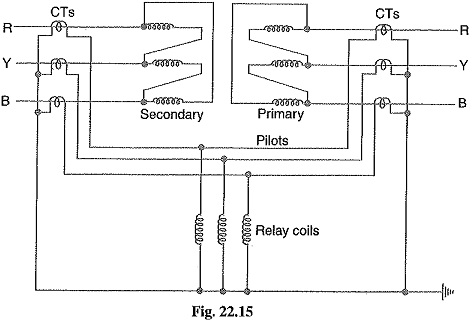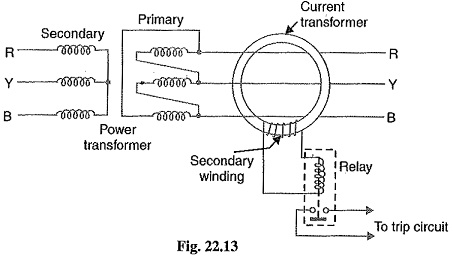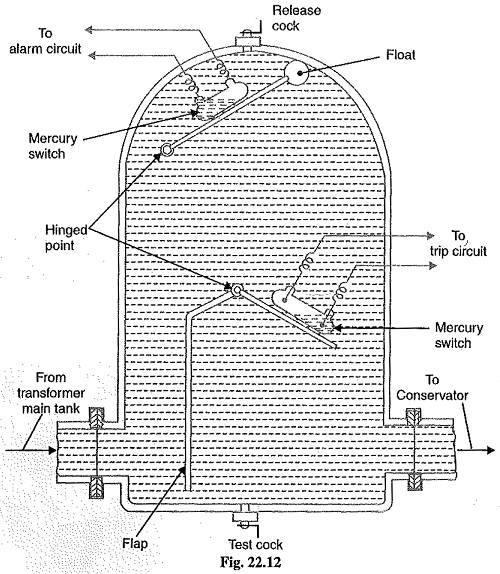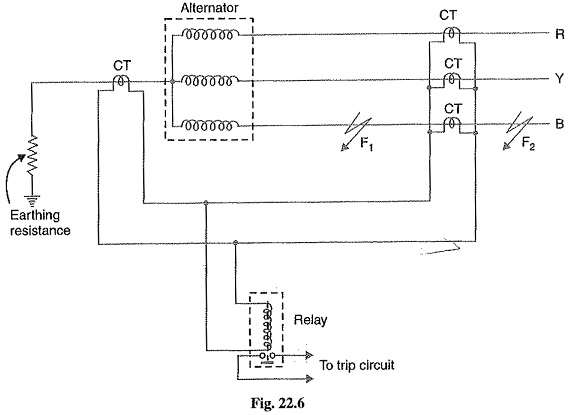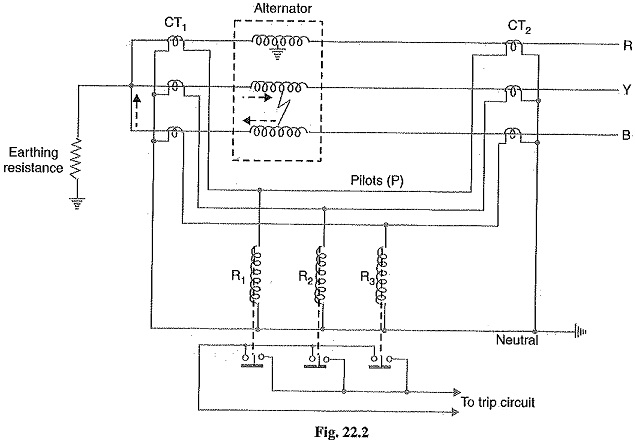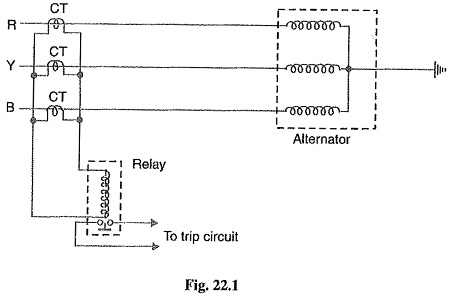Circulating Current Scheme for Transformer Protection
Circulating Current Scheme for Transformer Protection: Merz-Price Circulating Current Scheme for Transformer Protection is commonly used for the protection of power transformers against earth and phase faults. The system as applied to transformers is fundamentally the…
